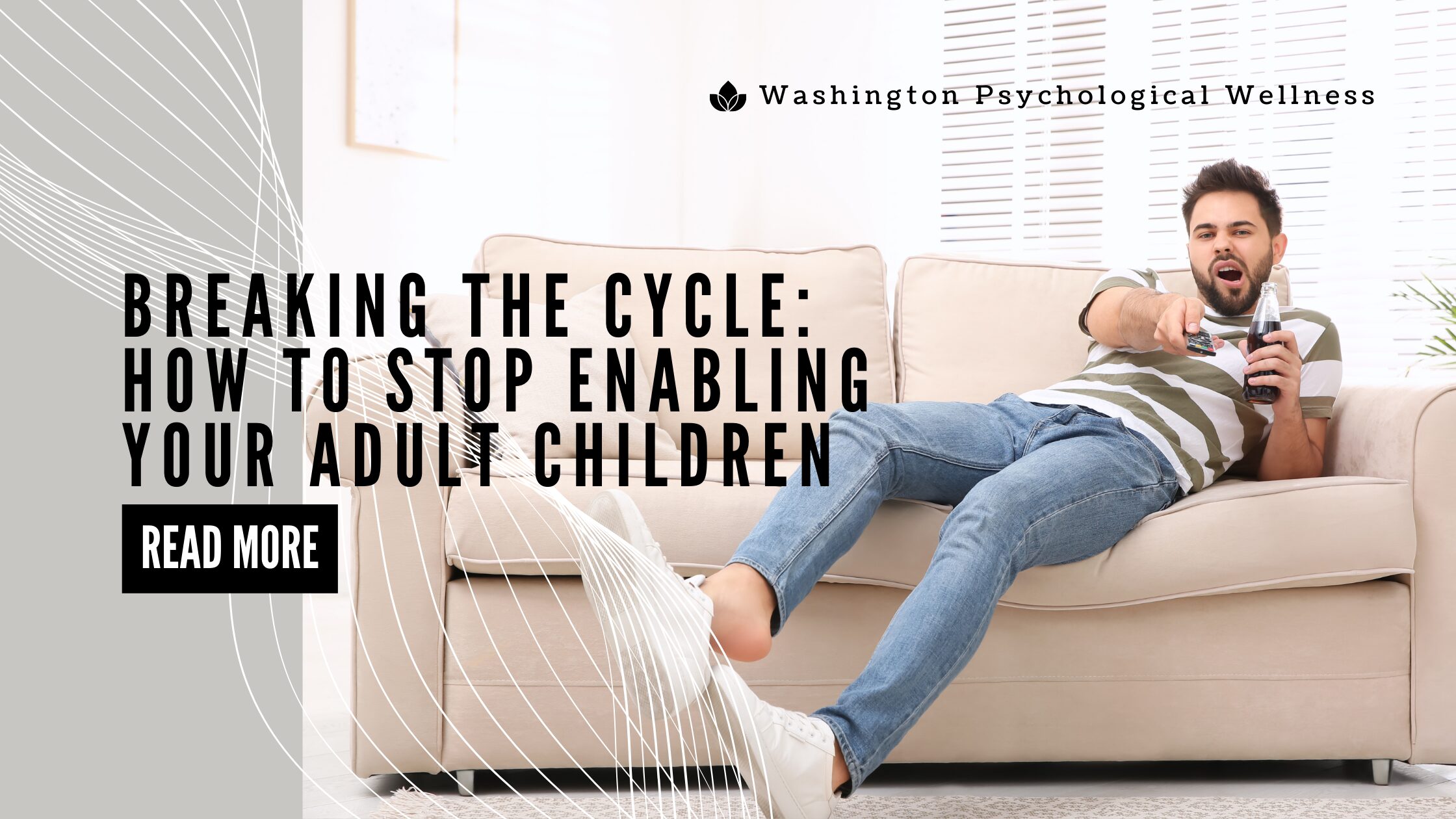
How to Stop Enabling Grown Children and Why It’s Important
Parenting is a lifelong journey filled with countless responsibilities and challenges. As your children grow into adulthood, your role as a parent evolves. While providing support is natural, there comes a point where continued financial or emotional support may become enabling, potentially hindering your grown child’s ability to become a self-sufficient and responsible adult. Understanding how to stop enabling grown children and recognizing the importance of this shift is crucial for both your well-being and theirs.
Understanding Enabling
Enabling occurs when you, as a parent, inadvertently encourage or allow negative behaviors by continuing to provide support that your grown child should manage independently. This support can take many forms, such as financial aid, solving their problems, or consistently bailing them out of difficult situations. While it may seem like you are helping, enabling often prevents your child from facing the natural consequences of their actions and developing necessary life skills.
The Importance of Stopping Enabling
Promotes Independence:
When you stop enabling, you encourage your grown children to take responsibility for their actions and decisions. This promotes independence and self-reliance, essential traits for their personal and professional success.
Builds Resilience:
Facing challenges and learning to overcome them builds resilience. By allowing your children to navigate difficulties on their own, you help them develop problem-solving skills and emotional strength.
Healthy Boundaries:
Establishing boundaries is crucial for maintaining a healthy parent-child relationship. It helps prevent resentment and fosters mutual respect.
Prevents Dependency:
Continued enabling can lead to dependency, where your grown children rely on you for support instead of seeking solutions independently. This can strain your resources and emotional well-being.
Encourages Personal Growth:
Experiencing the consequences of their actions helps your children grow and learn from their mistakes. It encourages personal development and maturity.
Steps to Stop Enabling
Acknowledge the Issue:
The first step is recognizing that enabling behavior exists. Reflect on your actions and understand how they might be impacting your child’s growth.
Set Clear Boundaries:
Define what you will and will not support. Communicate these boundaries clearly to your grown children, explaining your reasons for making these changes.
Encourage Responsibility:
Encourage your children to take responsibility for their actions. Let them handle their own problems, make decisions, and face the consequences.
Offer Guidance, Not Solutions:
Instead of solving their problems, offer advice and guidance. Encourage them to think critically and come up with their own solutions.
Be Consistent:
Consistency is key. Once you set boundaries, stick to them. Inconsistency can lead to confusion and undermine your efforts.
Seek Support:
If you’re struggling to stop enabling behavior, consider seeking support from a therapist or support group. They can provide guidance and help you navigate this challenging transition.
Stopping enabling behavior is a crucial step in helping your grown children become independent, resilient, and self-sufficient adults. While it may be difficult to let go, it’s essential for their personal growth and your own well-being. By setting boundaries, encouraging responsibility, and offering guidance, you can foster a healthier, more balanced relationship with your grown children, paving the way for their future success.
About Washington Psychological Wellness
At Washington Psychological Wellness, we are dedicated to helping individuals and families achieve mental well-being and personal growth. Our expert team provides comprehensive mental health services tailored to meet your unique needs. If you need support in navigating complex family dynamics or other mental health challenges, contact us today to schedule a consultation.
